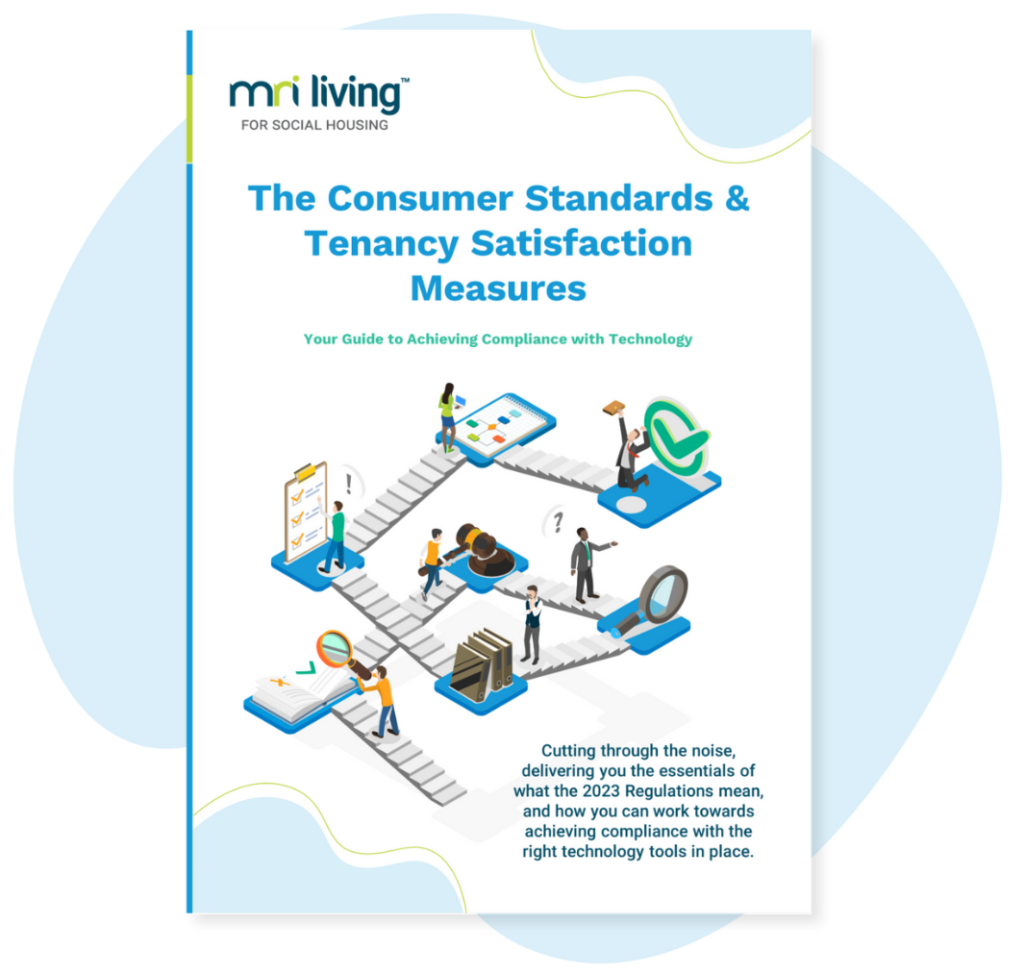Building Sustainable Tenancies
The complete overhaul of the UK benefits systems over the past decade has resulted in many housing service providers re-examining their roles and responsibilities to their tenants and stakeholder community.
A strategy of building sustainable tenancies became a common approach across the sector as providers and stock owners looked to re-evaluate their approach.
In a series of articles over the coming months, we are bringing together the data, insights, findings and case studies around a variety of organisations on the different elements that combine to form an approach to sustainable tenancies.
Living in a secure environment is essential for any person to thrive; the cost of tenancy breakdown impacts families, communities and landlords alike. Welfare reform in recent years has presented new challenges for housing providers to create communities and ensure safe homes; in particular, tenants facing sanctions have had to re-evaluate whether they can sustain their rental contracts. The myriad changes to the sector have included the roll out of Universal Credit, PIP, Bedroom Tax, the benefits freeze, the end of lifetime tenancies and the 1% reduction in social rents until 2020.
An increasing vacuum in public services means that officers are finding themselves engaging with a wide variety of social issues, from preventing domestic abuse to budgeting training and employability skills. The most effective route to building long lasting tenancies is dependent on the relationship tenants have with their landlords. The increased demand for a holistic approach has seen digital technologies emerge that are designed to streamline previously bureaucratic processes and join data together to build a bigger picture. The result is to free up officer time, strengthen pre-tenancy processes and pinpoint strategies to protect both current tenants and income. It has also led to an accumulation of data and insight sources that are empowering great decision making and approaches by providers, stock owners and local authorities.
To build sustainable tenancies it’s essential to know why they succeed and why they fail, in order to see patterns and repetitions. There are various reasons for tenancies succeeding and failing, including tenants being placed in properties unsuitable for access needs, dependency issues, lack of a local support network, living in areas with antisocial behaviour issues, or landlords being unaware of a history and indications of financial instability.
Building an understanding
There are also certain demographic factors to take into account; for example, there is a higher probability for men to fail in their tenancies, for reasons such as being less likely to be the sole carers of dependents and being less likely to access services. Age can also be a factor; for example, younger tenants may struggle because they are not accustomed to managing a budget. Building an understanding of all of these factors before a tenancy commences can help social landlords tailor support plans for each tenant.
Pre-tenancy involves general checks that can help put into perspective a person’s financial situation, as well as other indicators of success or failure. This can establish very early on which properties and types of tenancies are suitable for a prospective tenant. Using data and information sources to support key decision making, landlords can evaluate a tenant’s circumstances and build individual plans and strategies that lead to successful and meaningful tenancies.
Other pre-tenancy financial strategies include early establishment of rent payment via direct debit, whilst some individuals may need assistance with financial literacy. Taking a proactive approach with other services to ensure care plans are in place for vulnerable tenants has become a necessary step to creating sustainable tenancies, meaning that employing officers with the ability to give that support is a must.
In addition to creating a strong foundation for pre-tenancy checks, income management during tenancies is becoming more critical in the wake of the legislative changes seen across the social housing sector. In order to further cement sustainable tenancies, it is desirable that a culture be established in which tenants feel comfortable making contact with their landlords in the event of financial difficulty.
Example
A positive example of understanding and driving the right behaviours in tenants came from Nottingham City Homes, who in 2014, encouraged better tenancy sustainment and relations between tenants and their organisation by introducing a Responsible Tenant Reward. By meeting a set of criteria that included paying rent on time by direct debit, keeping a better garden or engaging in energy saving behaviours, tenants became entitled to £100 of credit to their account in time for Christmas. A huge success, in 2015 84.2% of their tenants qualified for the reward. By last year this had increased to nearly 90%.
Services built to improve quality of life are more often becoming the remit of housing providers. Across the board the range of responsibilities expected from social landlords is broadening alongside increasing pressures on rental incomes. Crucial to future success is the ability to see these challenges alongside one another and bringing them underneath one holistic strategy.
As we explore the series further, we will look into how areas such as the ageing population, financial inclusion and literacy, fuel poverty and behaviour all impact sustainability from a provider’s perspective. We will also draw on our own data from having worked with hundreds of providers to build insight and support to equip them with the knowledge to build reform-proof tenancies that also improve the lives of tenants.
MRI Software is one of the leading providers of data and IT solutions to the landlord and local authority sector, with products and services spanning homelessness to home exchange. With hundreds of clients providing housing and housing services and tens of thousands of tenants using their HomeSwapper service, MRI Software has a unique insight into the sector.
MRI Software build a number of solutions for the social housing sector. If you would like to know more about what we do, please drop an email to socialhousing@mrisoftware.com
The Consumer Standards and Tenancy Satisfaction Measures: Your Guide to Achieving Compliance with Technology
Cutting through the noise, delivering you the essentials of what the Consumer Standards and Tenancy Satisfaction Measures 2023 Regulations mean, and how you can work towards achieving compliance with the right technology tools in place. New regulatio…

